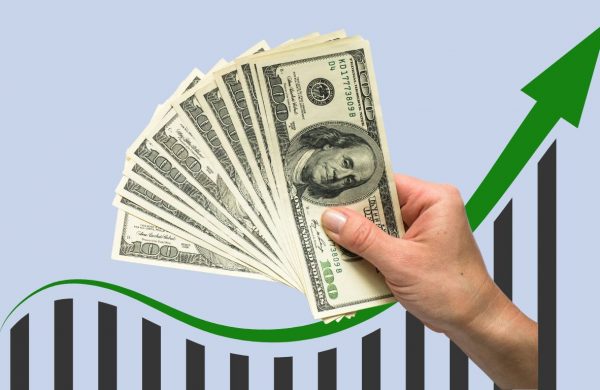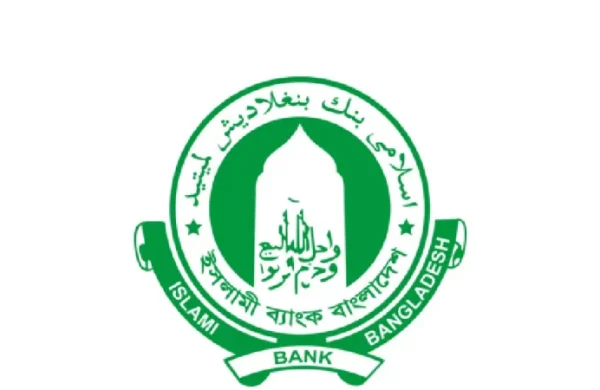Rising dollar prices leading to loan defaults for businesses
- Update Time : Thursday, October 3, 2024

With the dollar now costing over Tk122 instead of Tk85, operational expenses have increased by more than 30%, making business operations increasingly difficult.
TDS Desk:
The business sector in Bangladesh is facing growing challenges as the dollar crisis intensifies, with bank loan interest rates climbing above 14%.
Rising dollar exchange rates and operational costs are making it harder for businesses to stay afloat. Consequently, many are struggling to meet loan repayments on time, leading to a surge in loan defaults. Central bank policies are adding further pressure, complicating business operations even more.
As the cost of the dollar and operational expenses continue to rise, businesses are finding it increasingly difficult to manage their finances. This has resulted in widespread loan repayment difficulties and a growing number of loan defaults, exacerbated by central bank policies that are adding further strain to business operations.
Industry insiders point out that the dollar shortage is a major issue, making it difficult to open letters of credit (LCs). The increased cost of LCs is impacting overall business, causing delays in loan repayments and resulting in more businesses defaulting. Experts suggest that businesses need special support to navigate this crisis.
Concerns about rising interest rates are affecting businesses across all sectors—large, medium, and small. Many borrowers are unable to repay loans on time due to the pressure of higher interest rates. This is coupled with increasing production costs, with gas and electricity bills doubling and inflation raising operational costs by 30%.
Business owners say that the sharp rise in interest rates is leading to business closures. If this continues, loan defaults will increase significantly, and inflation will worsen. Recently, the Bangladesh Bank devalued the taka by 6.36% against the dollar, further straining businesses. In just two years, the taka has depreciated by nearly 40%, with the official exchange rate now at Tk121-122 per dollar, compared to Tk84 previously.
Despite a slight increase in remittances, exports have declined for various reasons, worsening the dollar shortage. Many companies that were regular in repaying loans are now falling behind. In the past year alone, non-performing loans have surged by about Tk110,000 crore. The main reason for this increase is the rising cost of the dollar, which has made it difficult for businesses to repay loans on time.
The dollar shortage is also affecting imports. According to data from Bangladesh Bank, imports declined by 15.81% in the 2022-23 fiscal year and dropped by around 30% by December 2023. Many industries are unable to import necessary machinery and raw materials, reducing production capacity.
Several businesses have reported that banks are unwilling to open LCs at the rates set by the central bank. Even though the official rate was set at Tk110 per dollar, no bank was willing to provide LCs at that rate. Banks often demand higher amounts, with reports of importers being charged Tk124-125 per dollar.
An official from a leading business group said, “Banks only agree to open LCs after receiving additional payments. Businesses have had to purchase dollars from the open market to meet their needs.”
“Loan contraction, higher interest rates, dollar shortage and chaotic exchange rates are driving the private sector towards a crisis. Without improvements, many businesses could default on loans, further weakening the banking sector,” he added.
In January 2023, the dollar exchange rate in the banking sector was Tk85, but it has now risen to Tk117, as per Bangladesh Bank’s official rate. However, many importers report being charged Tk124-125 per dollar. This represents a 47% increase in the exchange rate, contributing to growing losses for businesses.
When contacted, Abdul Hai Sarker, Chairman of the Bangladesh Association of Banks (BAB), acknowledged the dollar shortage. He suggested that since businesses are paying extra for dollars and facing higher LC costs, authorities should provide subsidies or relief to support them.


















